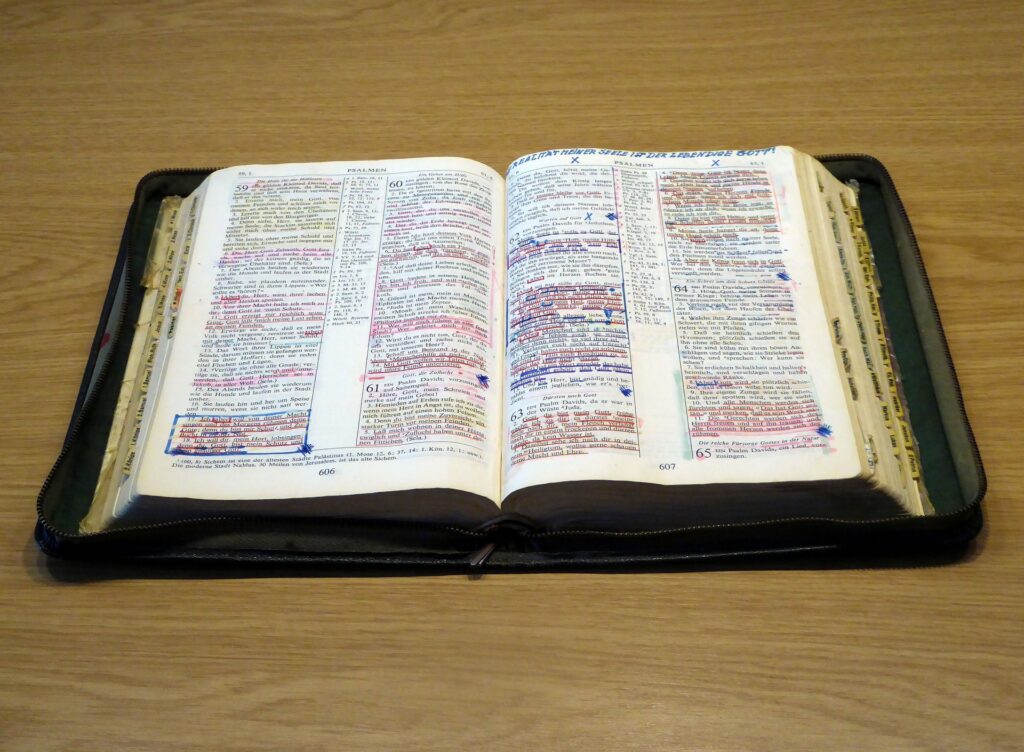
Bible Class Notes on 1 Peter 4:1-2 | Notes on the Petrine Epistles
Christ suffered in the flesh. The “therefore” calls our attention back to 3:18. There we are told that Jesus died for our sins once for all. We are also told that Jesus’s death was the righteous for the unrighteous.
“Suffered” is here used of Jesus’s death. We need to understand that Jesus’s death actually involved suffering. Crucifixion was a horribly painful way to die, and Jesus suffered much. “And taking with him peter and the two sons of Zebedee, he began to be sorrowful and troubled. Then he said to them, ‘My soul is very sorrowful, even to death; remain here, and watch with me’” (Matt 26:37-38).
Jesus’s suffering was in the flesh. This was real, physical, bodily suffering. This wasn’t something where just his spirit suffered—he suffered physical pain.
We are to arm ourselves with the same intention. Arming ourselves calls to mind a military metaphor. Just as soldiers would arm themselves with their weapons, we Christians must arm ourselves with the same intention. The New Testament often uses the imagery of armor or spiritual weapons. “Let us then cast off the works of darkness and put on the armor of light” (Rom 13:12). “With the weapons of righteousness for the right hand and for the left” (2 Cor 6:7). “The weapons of our warfare are not worldly but have divine power to destroy strongholds” (2 Cor 10:4). “But, since we belong to the day, let us be sober, and put on the breastplate of faith and love, and for a helmet the hope of salvation” (1 Thess 5:8).
Such imagery is important because we are in a “war.” “Beloved, I beseech you as aliens and exiles to abstain from the passions of the flesh that wage war against your soul” (1 Pet 2:11). We must constantly fight to do what is right.
We are to arm ourselves with the same thought. Taken at face value this phrase could mean that we are to be martyred. We would then be forced to look for persecution and to do our very best to die in it. 1 Peter, however, was written to provide encouragement to Christians who were suffering.
The same intention or thought seems to be explained in verse 2 of this chapter. The intention then is to live our lives by the will of God. When Jesus died, he was doing the will of God. Jesus made doing the will of God a top priority in his life. “Jesus said to them, ‘My food is to do the will of him who sent me, and to accomplish his work’” (Jn 4:34). “I seek not my own will but the will of him who sent me” (Jn 5:30). “I have come down from heaven, not to do my own will, but the will of him who sent me” (Jn 6:38). Since Jesus desires to do God’s will, we, too, must desire to do God’s will.
The one who has suffered in the flesh has ceased from sin. This parenthetic statement refers to Jesus. The Greek uses a singular participle here which means one person. Jesus is the one who has suffered int eh flesh.
At first glance, this appears to say that Jesus at one time had sin. Peter has already emphatically stated that Jesus is without sin (1 Pet 2:22). This would also overlook the purpose for which Jesus came into this world.
Jesus came to die for sin and destroy sin. “Christ also died for sins once for all” (1 Pet 3:18). “So Christ, having been offered once to bear the sins of many, will appear a second time, not to deal with sin but to save those who are eagerly waiting for him” (Heb 9:28). “It was fitting that we should have such a high priest, holy, blameless, unstained, separated from sinners, exalted above the heavens” (Heb 7:26).
From this passages, we learn:
- Jesus died for sins once for all—he will never again die for sins.
- When he returns to earth, he will not deal with sin.
- Jesus is finished dealing with sin. He dealt with sin once.
We are to live our lives not for human passions but for God’s will. Peter instructs these Christians how they are to live the rest of their lives in the flesh. Peter is telling these Christians to make up their minds to lie appropriately. We decide daily how we shall live, no one forces us into any lifestyle. Therefore, Peter could tell these Christians to make up their minds how to live. “The rest of the time in the flesh” clearly refers to the rest of our lives on this earth—Those lives might end with physical death or the with the Lord’s return.
We are not to live our lives by human passions. “Lust” (or “passions”) doesn’t primarily refer to sexual desires. The word “lust” is a vague term referring to any desire. Peter qualifies these passions—they are “human.” These are passion which are what man desires opposed to what God desires. This is doing our own thing and not paying any attention to what God wants. This is really being selfish.
We are to live our lives by the will of God—Our lives are to be characterized by doing what God desires.
This Bible class was originally taught by Dr. Justin Imel, Sr., at the Owingsville church of Christ in Owingsville, Kentucky.





